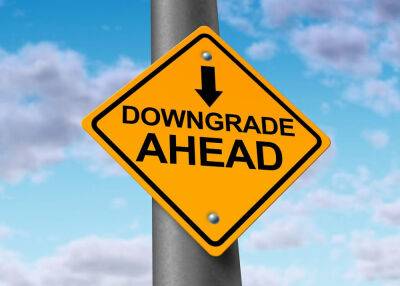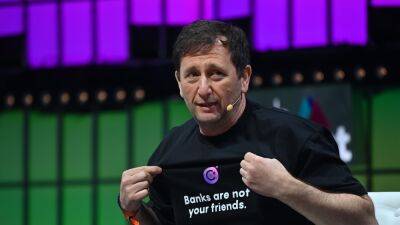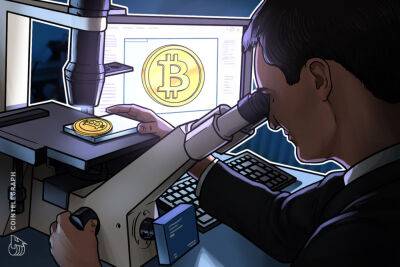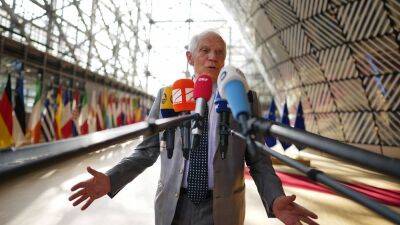Twitter must press case against Elon Musk for takeover termination
Elon Musk moves in mysterious ways so it is just about possible that his yanking of his $44bn offer to buy Twitter is an aggressive attempt to bounce the target’s board into accepting a lower takeover price. That, at least, is a popular interpretation of events, and Musk’s motive would not be hard to fathom.
Nobody likes to overpay and the original offer price of $54.20 has plainly been overtaken by the slump in valuation of most US tech stocks since April. Twitter’s new share price of $33.50, down 9% in early Monday trading, looks a truer reflection of the social media site’s standalone prospects.
A renegotiation strategy would be a long shot for Musk, but more than a few Twitter shareholders might be willing to roll over at, say, $42, if they thought the cash would arrive at the second time of asking. Twitter doesn’t have an alternative buyer in the wings, and its commercial position with advertisers has been weakened by three months of entanglement with Musk that have shoved the troubled issue of bots, or fake accounts – the pretext for pulling out – into the spotlight.
Let us hope, though, that Twitter’s board maintains its robust “we’ll see you in a Delaware court” line. The principle at stake here is worth defending: a takeover agreement, entered willingly, has to be binding. If it can be relegated to the status of a foot in the door, with the final price subject to revision, then the entire business of buying and selling becomes a nonsense.
Enforcing a ruling against the untameable Musk might become a saga in itself, but virtually every US legal expert thinks Twitter’s case is excellent. Its board must press on: a pragmatic capitulation would give Musk a last laugh he does not deserve.
A chaotic Tory party leadership
Read more on theguardian.com





















